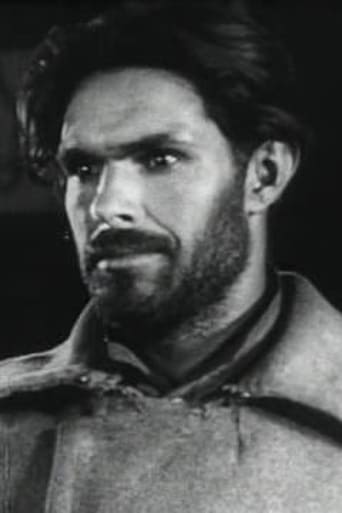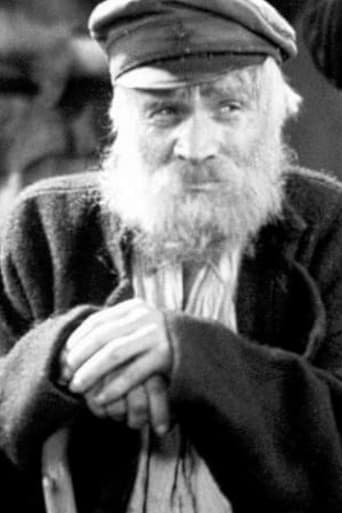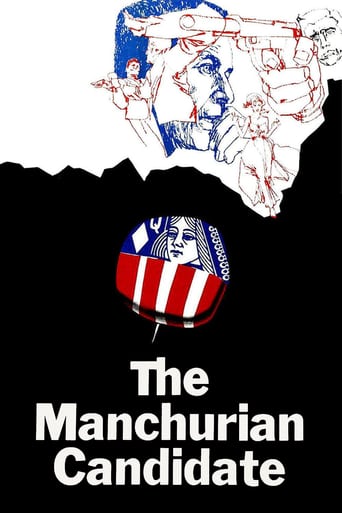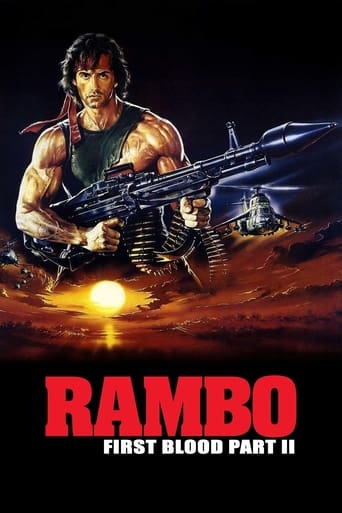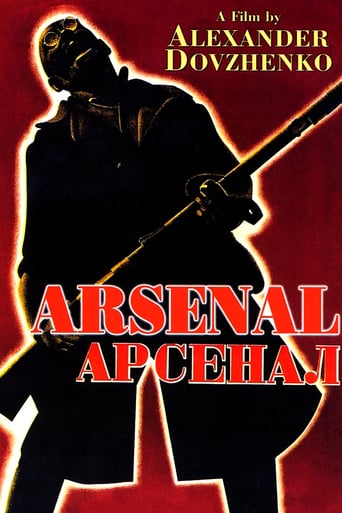
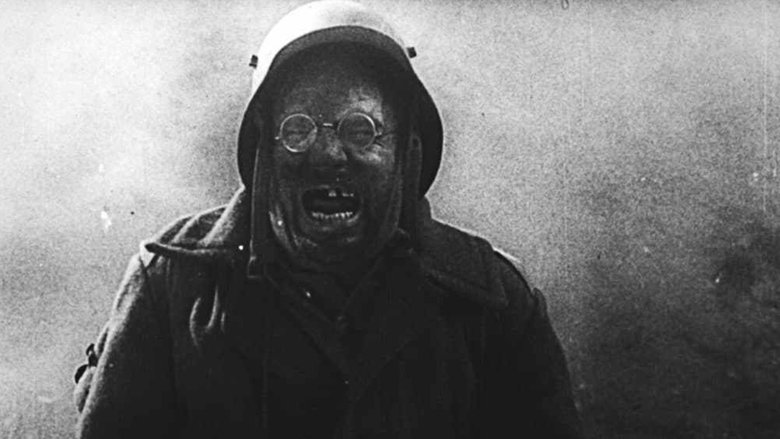
Arsenal (1929)
A soldier returns to Kyiv after surviving a train crash and encounters clashes between nationalists and collectivists.
Watch Trailer
Cast
Similar titles
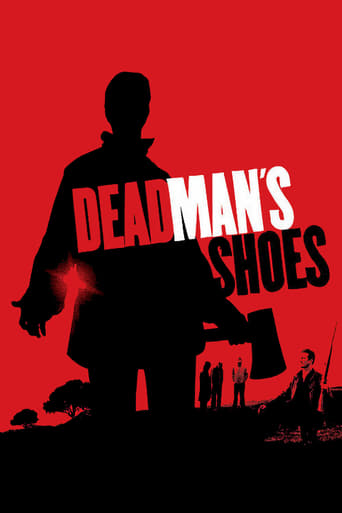
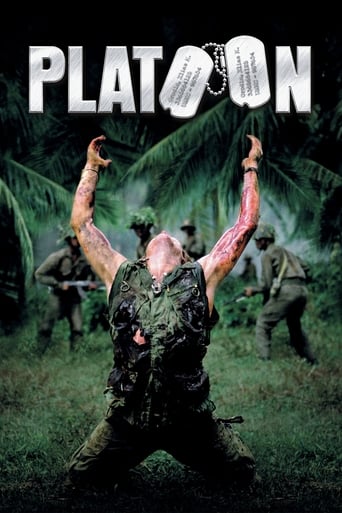

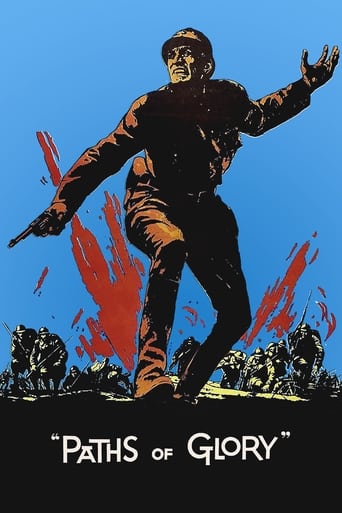
Reviews
The greatest movie ever made..!
Wow! What a bizarre film! Unfortunately the few funny moments there were were quite overshadowed by it's completely weird and random vibe throughout.
It really made me laugh, but for some moments I was tearing up because I could relate so much.
Actress is magnificent and exudes a hypnotic screen presence in this affecting drama.
It goes without saying that silent cinema requires emphasis on the imagery. Alexander Dovzhenko's "Arsenal" is no exception. The look back at World War I over the past year should draw attention to this movie. Like Lewis Milestone's "All Quiet on the Western Front", this movie looks at the futility of war. The focus in the Kiev Arsenal January Uprising in 1918. Probably the most effective scene is the laughing gas: a man artificially laughs while surrounded by all manner of horror, a perfect metaphor for the disconnect between the image and reality of war.The only other Dovzhenko movie that I've seen is "Earth". I understand that "Arsenal" and "Earth" are the second and third installments of his Ukraine Trilogy. I'll have to see "Zvenigora", as well as the rest of Dovzhenko's movies. Despite the obvious propaganda, this is still a movie that you have to see just for the imagery if nothing else. Like Sergei Eisenstein's "Battleship Potemkin", it contains some of the most unforgettable images in cinema history. Definitely see it.
I call this a near-masterpiece because of the basic purpose of it, which is propaganda. This film exists as agitprop, and while it contains phenomenal and ferocious imagery, ultimately the single-minded viewpoint hobbles it as art and undercuts its slight attempts at humanity. While it can be viewed as a Revolutionary piece, exhorting a 'proper' spirit of energy, knowing it was made by a Ukrainian in 1929 while the Stalinist regime was either plotting or bumbling their way to the Great Famine makes this film deeply questionable in a moral sense. The theme of a Ukrainian learning Revolutionary values in the Great War, then returning to destroy the 'corrupt' forces of 'old Ukraine' made me deeply uneasy. That said, the imagery and sequences in this (quite late) silent film are second to none. The toothless, laughing soldier is one of the most stunning single images ever committed to film; and the general pacing, with a deliberate, lingering sense of time, forces concentration on the set-pieces. Much of the film is brutal, inhuman, and cruel. This is both an accurate representation of the setting itself and of the type of violent us-vs.-them propaganda produced by the Soviets at the time. I find this film VERY unsettling from a moral standpoint, something I don't often find myself saying. But, again, the masterful and stunning imagery makes it well worth viewing more than once.
The film itself is only a compilation of scenes which have no inherent meaning to someone living outside of Russia. I won't deny that some of the images and techniques were quite revolutionary at the time (filmed 1928) but the problem with the film is that it has no interest to the intellectual or common man. We are merely watching an arranged form of pictures, ranging from a one arm man beating a horse, to a toothless soldier in the war. Everything in between is awkward, haphazard and quite unnecessary. It would have been possible to invent a forum which kept the viewer interested but this would not be it although the method of the director is quite brilliant.In all, one should view this if they are an art student, on hallucinogenic drugs, or a student of pre-Tarkovskian cinema.
Arsenal seems to be a direct challenge to idea that films are intended to be digested in one sitting. Apparently even Sergei Eisenstein had a tough time making sense of the narrative of some of Dovzhenko's work. Arsenal's narrative only emerges if you concentrate on what you've seeing - comprehending and reassembling the puzzle of the images and movements that Dovzhenko has arranged to create causal and symbolic associations. Dovzhenko's camera is like the eye of God, taking in a half dozen settings, all of them connected though disparate in space and time. Dovzhenko also is perfectly comfortable inserting the fantastic (a talking horse or a faith in communism that deflects bullets) into his retelling of a historical event. I watched the film several times before the plot was clear to me. I'd recommend this film to anyone who wants to see a whole different approach to story telling. There are many great images and some of the acting is very good (the way Semyon Svashenko glances with disgust at one of the Ukrainian nationalists and slowly reaches out to touch his ribbon, feeling it's lightness, is an example), but there is no easy way of getting past Dovzhenko's style. You have to want to figure out this film. Dovzhenko's narrative technique is as unique as Robert Altman or Tsai Ming-Liang.
